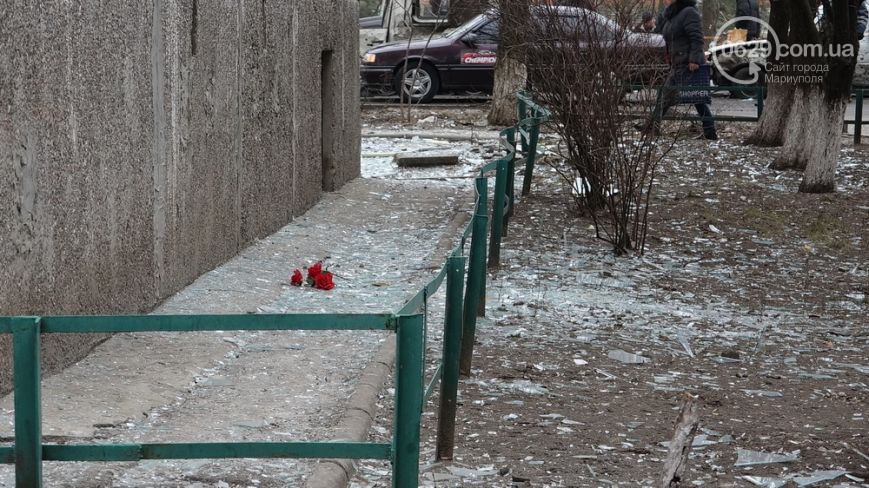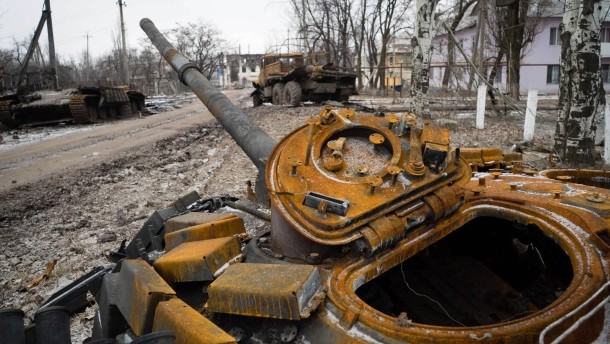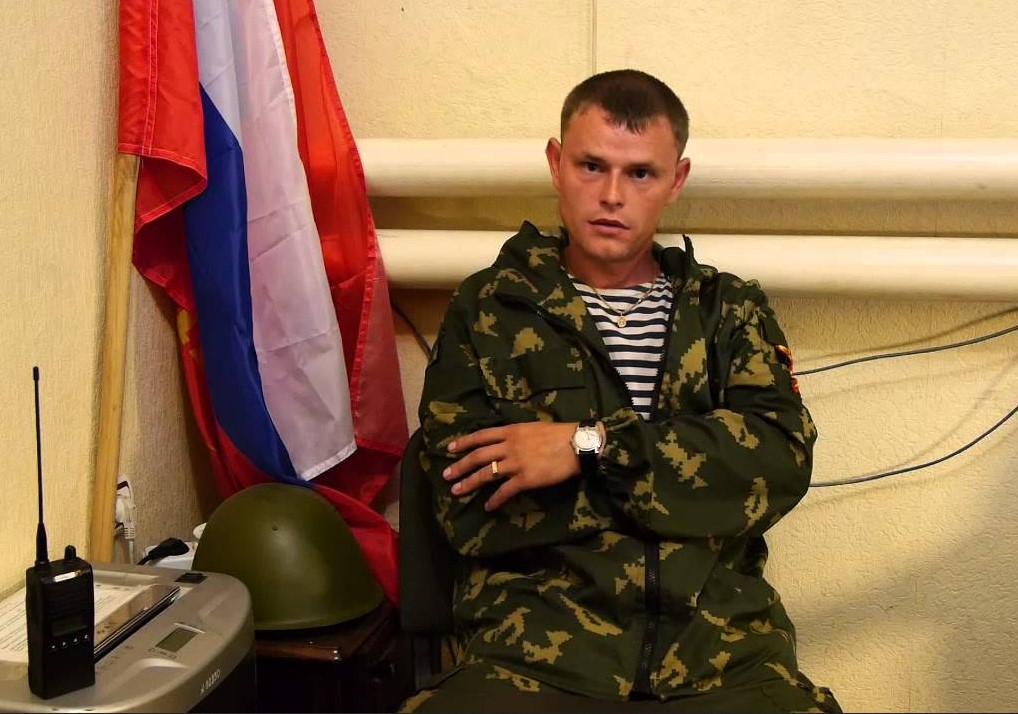Today Mariupol buried 30 of its residents, including two children. More than a hundred were wounded. An entire neighborhood’s infrastructure was destroyed. About a hundred homes were damaged or completely destroyed. Homes are without power or water. There is no heating.
The scenes at the Mariupol hospital are hard to speak of without emotion. Groans, screams and crying, crying transitioning into laughter – the chilling laughter of people who fall into hysterics.
Suddenly, the beleaguered frontline city faces many problems: where to resettle people who have lost shelter, where to get construction materials to repair houses, how to restore the power supply under the constant threat of shelling, where to get medications, where to get food to feed the wounded in hospitals…
Meanwhile, the military hurries to strengthen the defense of the city, developing urgent added measures to protect the civilian population. Consumed by the very specific steps to counter the aggression, we somehow overlook that this is not simply a war of physical destruction.
There are subtler blows by the enemy that are no less dangerous targeting our psyche and our consciousness.
The analysis of the events of the last two days concludes: the shelling of Mariupol was planned ahead of time.
The enemy’s true goal was to sow panic. Other purposes, such as seizure of territory or a breakthrough to the Crimea, are not accomplished by shelling residential neighborhoods.
A day before the shelling in Mariupol, rumors started spreading about the beginning of the enemy’s massive offensive on the positions of the Ukrainian military. Even the Kyiv-1 Battalion commander contributed to this spread of disinformation by posting in his FB account about the beginning of a tank attack on the city.
It is unclear what goals the commander pursued [or whether he made the post himself – Ed.], but there is no doubt that his actions benefited the aggressor.
Immediately after the false news about the tank attack, a man called the editor of the 0629.som.ua news portal and began to shout about why we’re not covering the shelling of the “Vostochny” neighborhood. We checked the information – there was no shelling.
About 15 minutes after the man’s call, we received a call from a woman. She was hysterical, crying into the phone, saying that she works at Azovstal warehouses (in the same area as Vostochny), which were being shelled and everything in front of her was on fire – a nightmare.
We checked the information and were told that everything is quiet, no one is shelling anyone.
The same disinformation began to spread in social networks. In the morning we were awakened by a terrible hum of shelling…
As soon as the first news of the tragedy broke on the Internet and the media, social networks were already filling with new posts: “the district government immediately leaves its buildings and evacuates its documents.” In contrast to the reports, the district government was actually already establishing a command center and was making operational decisions to save human lives and assist with the situation in general.
Every one of the representatives of the government and security forces were in their proper places. Nonetheless, the information about their supposed flight was picked up.
Simultaneous to social media reports, the network was bombarded with information about the flight of the military. “Azov Regiment left their positions and they are gone from Mariupol” – such messages could be seen by the dozens. In actuality, it was the very men from Azov who were the only ones who never interrupted their communications with journalists and commented on what the situation was at each moment.
And then, social networks were flooded with announcements from Russian terrorists Zakharchenko, Girkin, and Tamergaliev such as “We are storming Mariupol”, and “To the Crimea, only 280 km.”
Faced with this campaign of fear, how can people resist panic and not flee in mass exodus from the city?
Yet, the exodus did not happen. Why not? It’s a complicated issue.
It is unlikely we have developed a resistance to the Kremlin’s psychological warfare, tested on us by its “Mengeles.” I’m afraid to sound cynical, but I think we have just become accustomed to war.
The tragedy that occurred in Mariupol breaks the heart and kills the last illusions that this conflict–which stubbornly, no one wants to call a war–can be resolved peacefully.
The more people we bury, the more clearly we understand that there is only one way that can bring peace back to Ukraine – a complete and unconditional surrender by the aggressor.








